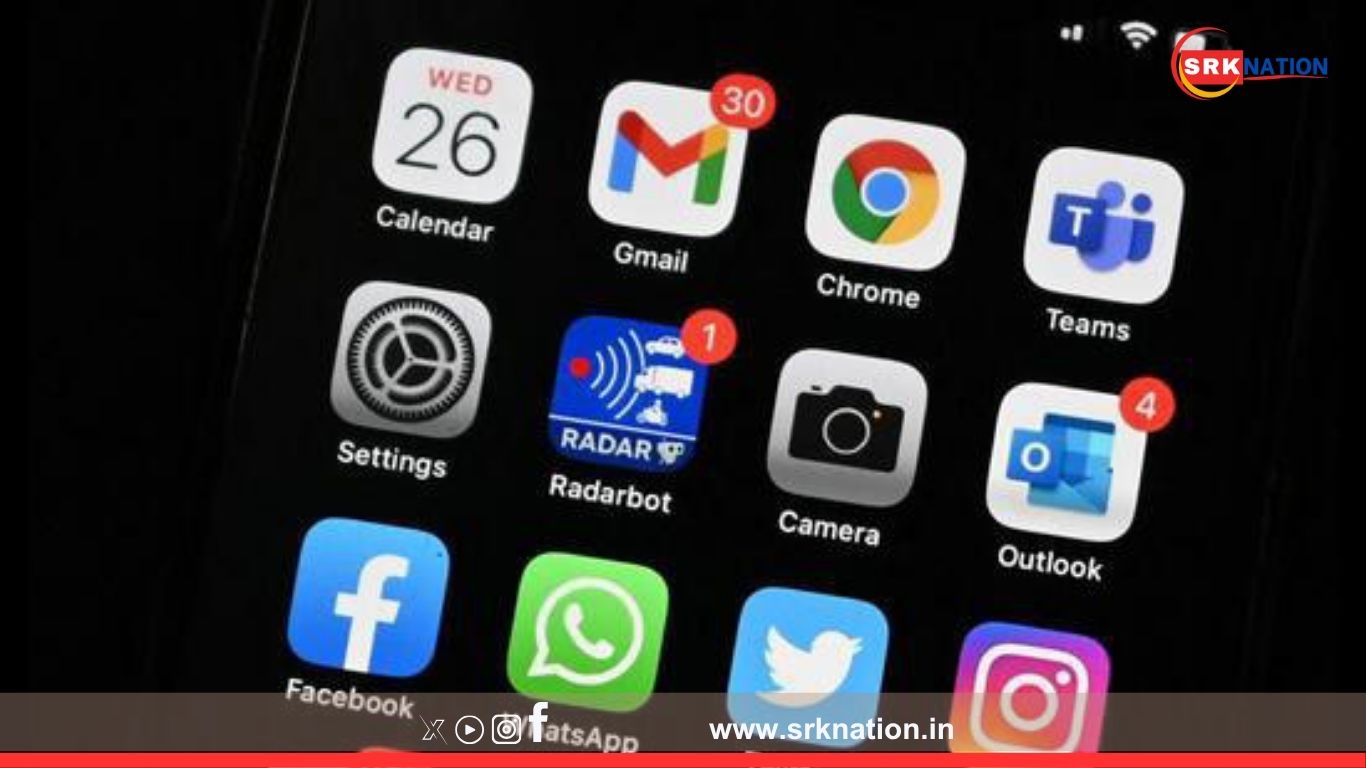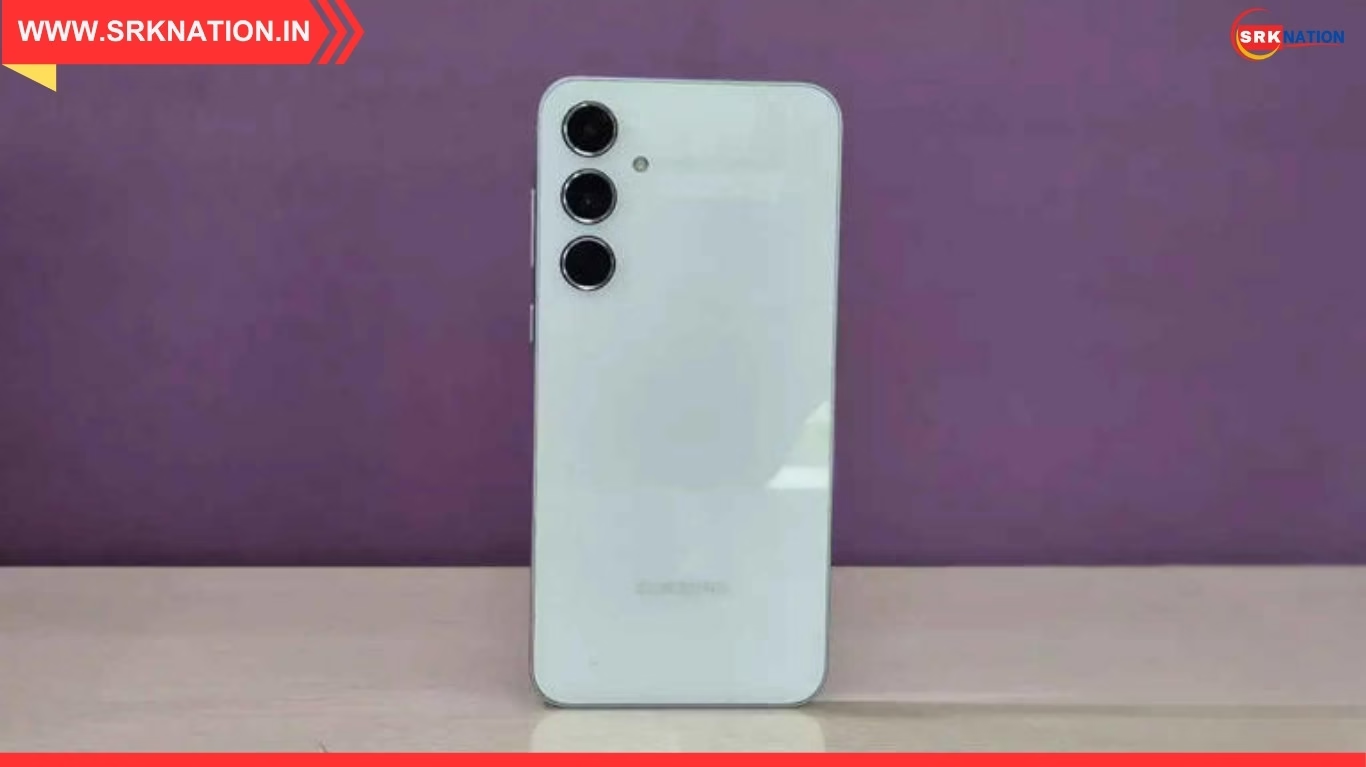In a major move to combat rising cyber fraud, the Department of Telecommunications (DoT) has proposed a new framework mandating mobile number verification for apps, banks, and digital platforms. The draft amendment to the Telecom Cybersecurity Rules, 2024, introduces a centralized Mobile Number Validation (MNV) platform to authenticate whether a mobile number truly belongs to the user claiming it.
📱 What Is the Mobile Number Validation (MNV) Platform?
The MNV platform will allow telecom operators, banks, fintech apps, OTT platforms, and e-commerce services to verify mobile numbers in real time. The goal is to prevent misuse of recycled, fake, or stolen SIM cards, which are often used in phishing, identity theft, and digital arrest scams.
- Government-authorized entities will pay ₹1.50 per verification
- Private organizations will be charged ₹3 per request
- Verification will be mandatory when directed by central or state authorities
🏦 Who Will Be Affected?
Entities classified as Telecommunication Identifier User Entities (TIUEs)—including banks, UPI apps, ride-hailing services, food delivery platforms, and e-commerce sites—will be required to integrate with the MNV system. This includes platforms like Paytm, PhonePe, Zomato, Ola, and Amazon, among others.
The National Payments Corporation of India (NPCI) has already mandated weekly mobile number verification for UPI apps starting April 1, 2025, to prevent errors from recycled numbers and enhance transaction security.
🔐 Why This Matters: Rising Digital Threats
India, with over 1.16 billion mobile connections, is the world’s largest digital payments market—and a growing target for cybercriminals. The government reported a 21-fold surge in digital fraud losses between 2022 and 2024, driven by SIM swap scams, spoofed calls, and unauthorized UPI transactions.
The MNV platform is part of a broader cybersecurity overhaul that includes:
- The Sanchar Saathi portal for reporting fraud and blocking stolen devices
- The Digital Intelligence Platform (DIP) for inter-agency data sharing
- Crackdowns on international spoofed calls mimicking Indian numbers
🧠 Privacy and Compliance Concerns
While the move is seen as a step toward digital accountability, experts have raised concerns over:
- Data privacy and user consent
- Integration challenges for smaller platforms
- Compliance costs for non-telecom entities
The DoT has invited public feedback on the draft rules, with a 30-day window for stakeholder comments.
Stay tuned for updates on India’s digital security roadmap.











